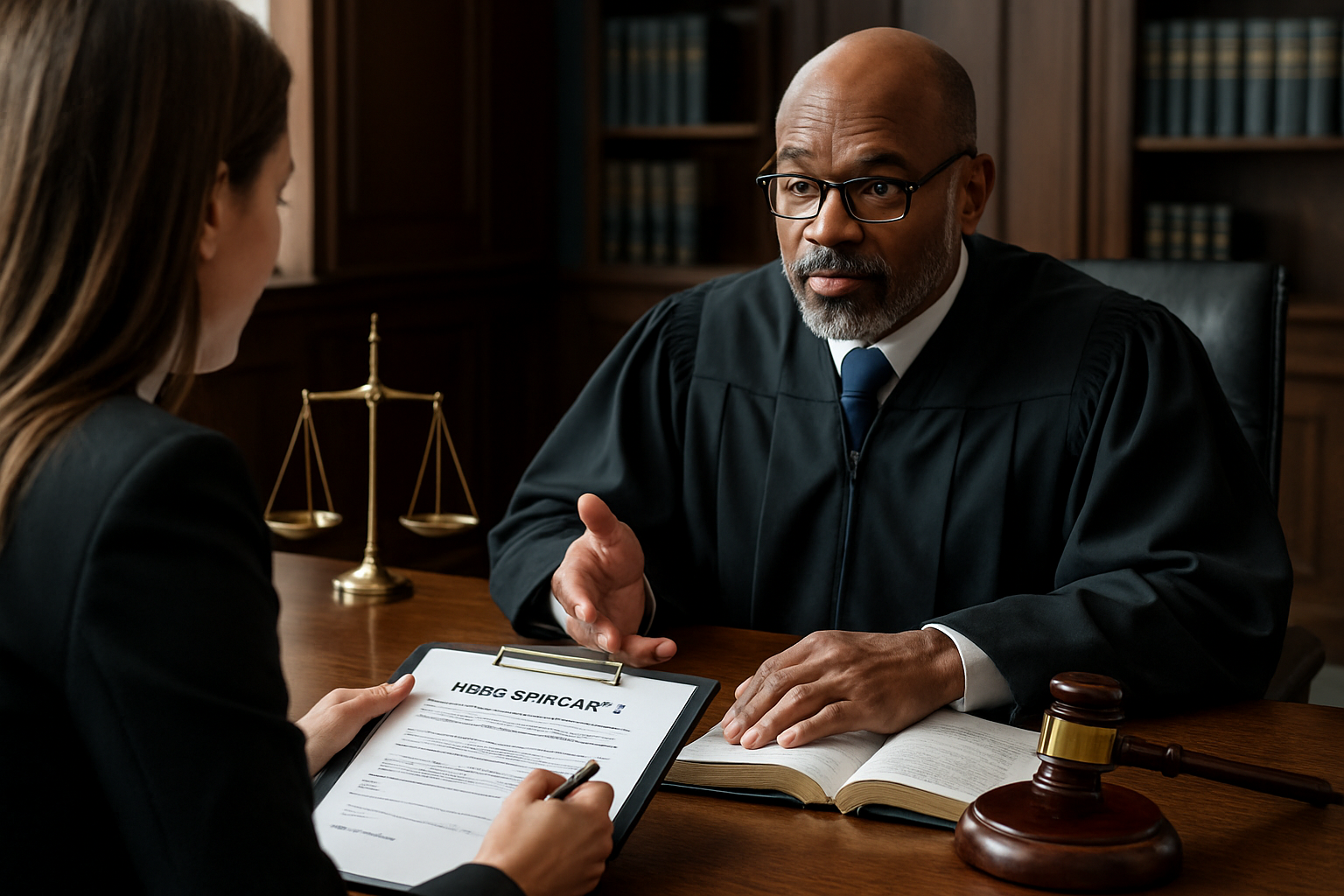How to Access Pro Bono Legal Services for Divorce: A Comprehensive Guide
Going through a divorce can be emotionally and financially challenging, especially when legal representation seems out of reach due to cost constraints. Pro bono legal services offer a valuable lifeline for those who cannot afford traditional legal representation during divorce proceedings. This guide will help you understand how to find and qualify for free legal assistance during your divorce.

What Are Pro Bono Legal Services for Divorce?
Pro bono legal services are free legal assistance provided by attorneys who volunteer their time to help individuals who cannot afford to pay for legal representation. These services can include legal advice, document preparation, court representation, and mediation assistance specifically for divorce cases. Many law firms require their attorneys to dedicate a certain number of hours to pro bono work annually.
Who Qualifies for Free Divorce Legal Aid?
Eligibility for pro bono legal services typically depends on several factors:
-
Income level (usually at or below 125% of the federal poverty guidelines)
-
Assets and property ownership
-
Employment status
-
Number of dependents
-
Special circumstances (domestic violence cases often receive priority)
-
Immigration status
-
Geographic location
Where Can You Find Pro Bono Legal Assistance?
Several resources exist to connect individuals with free legal aid:
-
Legal Aid Organizations: Non-profit organizations providing free legal services
-
State Bar Associations: Most maintain pro bono programs
-
Law School Legal Clinics: Offer services supervised by licensed attorneys
-
Court-Based Self-Help Centers: Provide guidance and resources
-
Local Women’s Centers: Often maintain lists of pro bono attorneys
-
Online Legal Resources: Websites offering free legal information and referrals
What Documents Do You Need to Apply?
To apply for pro bono legal services, prepare the following documentation:
-
Proof of income (pay stubs, tax returns)
-
Bank statements
-
Asset documentation
-
Proof of residency
-
Marriage certificate
-
Information about children (if applicable)
-
Documentation of any domestic violence (if relevant)
-
List of debts and monthly expenses
What Services Are Typically Included?
Pro bono divorce services may include:
-
Initial legal consultation
-
Document preparation and filing
-
Court representation
-
Mediation services
-
Child custody assistance
-
Property division guidance
-
Protection orders (if needed)
-
Appeals assistance (in some cases)
Compare Legal Aid Resources and Services
| Organization Type | Services Offered | Typical Wait Time | Special Requirements |
|---|---|---|---|
| Legal Aid Society | Full representation | 2-4 weeks | Income verification |
| Law School Clinics | Limited scope representation | 1-2 weeks | Geographic restrictions |
| Bar Association Programs | Referral services | 1-3 days | Varies by location |
| Court Self-Help Centers | Document assistance | Same day | None |
| Non-profit Organizations | Consultation and advice | 1-2 weeks | Case-specific criteria |
Note: Service availability and wait times mentioned in this article are based on typical scenarios but may vary by location and current demand. Independent research is advised before making decisions about legal representation.
Remember that while pro bono services are free, they often have limited availability and may require patience during the application process. If you don’t immediately qualify for pro bono assistance, many organizations offer sliding-scale fees or payment plans as alternatives. The key is to start your search early and explore multiple resources in your area to increase your chances of securing the legal help you need.




